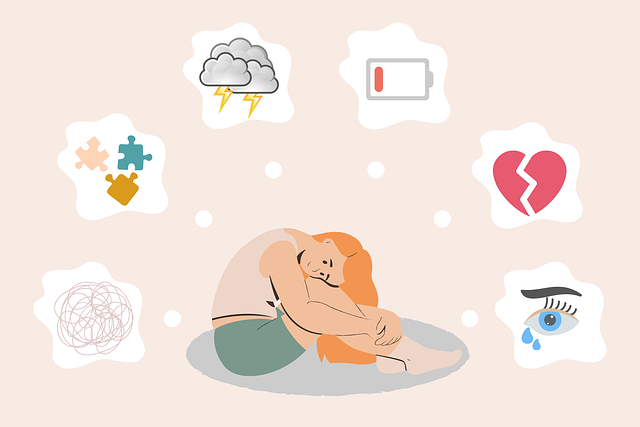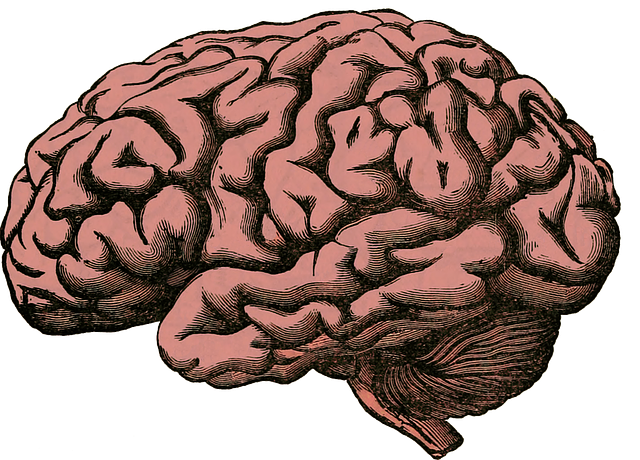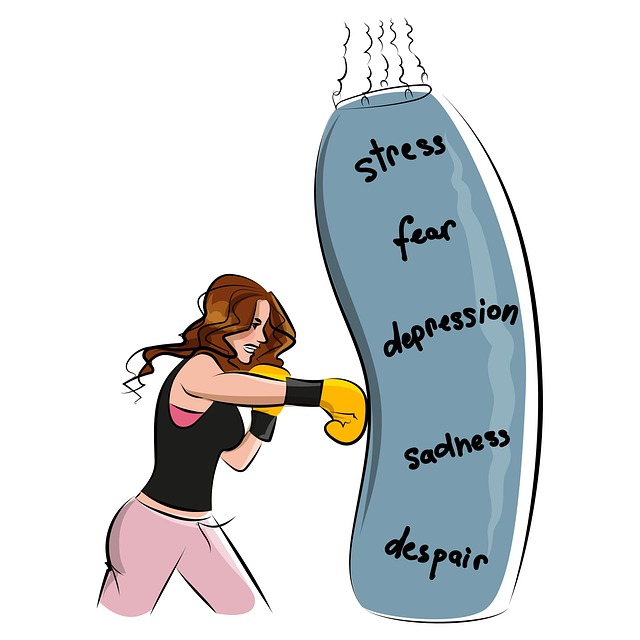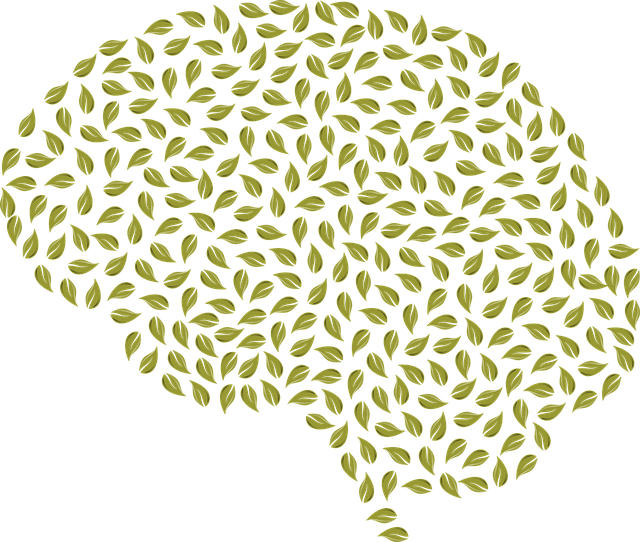Implementing holistic strategies focusing on mental health evaluations and therapy for children is crucial for addressing growing concerns like anxiety, depression, and ADHD. Early detection through accessible evaluations enables timely support, breaking the cycle of untreated mental illness. A successful approach involves developing self-care routines, educating about mental wellness, and implementing coaching programs within school and community settings. This integrated strategy reduces stigma, fosters emotional well-being, and empowers young individuals to seek help when needed, ultimately improving mental health outcomes for a healthier future.
Mental health education programs play a pivotal role in nurturing young minds and fostering resilience. This article explores the comprehensive design of such initiatives, focusing on addressing children’s unique mental health needs. We delve into identifying prevalent challenges, emphasizing the transformative power of early intervention through evidence-based therapy techniques. The guide details age-appropriate evaluation methods and strategies for creating supportive learning environments. By integrating these components into educational frameworks, we can effectively implement and evaluate programs that enhance student well-being, ensuring a brighter future for our young population.
- Understanding Children's Mental Health Needs:
- – Identifying common mental health challenges in children
- – The impact of early intervention and education
Understanding Children's Mental Health Needs:

Understanding Children’s Mental Health Needs is a vital first step in designing an effective education program. Children’s minds are unique and complex, often facing challenges that differ from adults. This includes issues like anxiety, depression, trauma, and even learning difficulties, which can significantly impact their ability to learn, socialize, and develop emotionally. Mental health evaluations play a crucial role in identifying these needs early on, allowing for timely intervention through appropriate therapy for children.
A well-designed program should incorporate strategies that foster self-awareness exercises and emotional regulation skills, promoting positive thinking among young individuals. By teaching children about their mental health and providing tools to navigate their emotions, we empower them to seek help when needed and build resilience. This holistic approach ensures that education extends beyond the classroom, nurturing the overall well-being of students.
– Identifying common mental health challenges in children

Children often face unique mental health challenges that require tailored approaches. According to recent studies, common issues include anxiety disorders, depression, and attention-deficit/hyperactivity disorder (ADHD). These conditions can significantly impact a child’s ability to learn, socialize, and manage daily tasks. Early identification is crucial; mental health evaluations should be accessible and integrated into pediatric care to ensure timely support.
The design of an effective program should focus on holistic strategies, such as promoting Self-Care Routine Development for Better Mental Health. By educating children and their caregivers about mental wellness, we can foster resilience and reduce the internalized stigma associated with mental illness. Additionally, Mental Wellness Coaching Programs Development can empower kids to navigate challenges and seek help when needed, ensuring a brighter and healthier future.
– The impact of early intervention and education

Early intervention and education play a pivotal role in shaping a child’s mental health trajectory. By integrating therapy for children into school curricula or community programs, we can identify emerging issues at an early stage. Mental health evaluations become powerful tools to assess young minds, allowing professionals to provide timely support. This proactive approach is crucial in breaking the cycle of untreated mental illness and reducing the societal burden it imposes.
Beyond individual benefits, comprehensive education initiatives foster a culture where mental illness is no longer stigmatized. Through engaging workshops and interactive sessions, students learn about emotional well-being, conflict resolution techniques, and stress management skills. Such programs empower them to recognize their own and others’ struggles, encouraging open conversations and reducing the often detrimental impact of mental health stigma reduction efforts.
Mental health education programs are a powerful tool to address the unique needs of children. By understanding common mental health challenges, such as anxiety, depression, and trauma, we can implement effective early intervention strategies. Through comprehensive curriculum design, these programs aim to normalize conversations around mental wellness, foster resilience, and provide essential coping skills. Integrating evidence-based practices, including therapy and mental health evaluations, ensures that children receive the support they need to thrive. With proper education, we empower young minds to navigate their emotions, promoting long-term well-being and potentially reducing the future need for intensive therapy.














